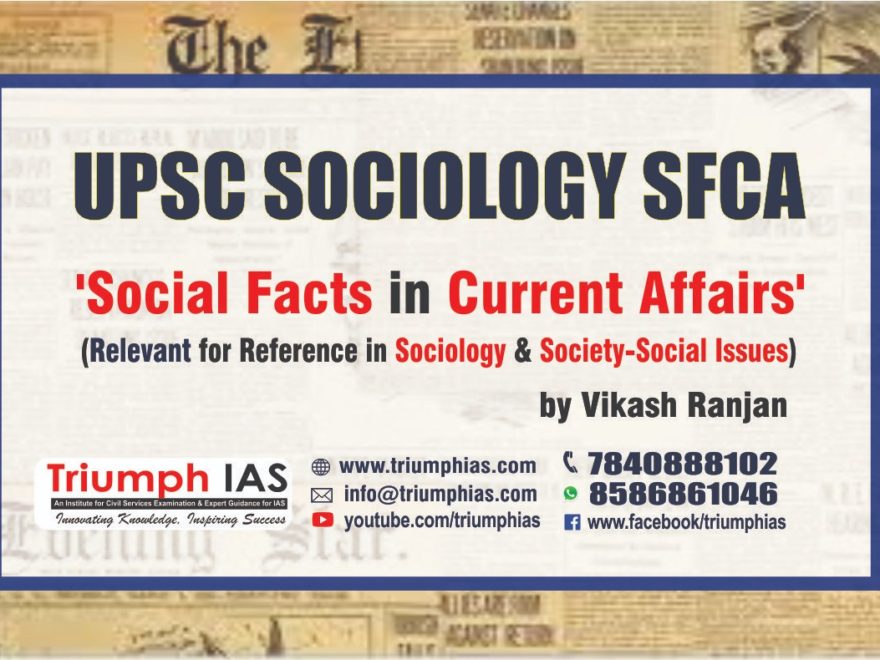INTERMARRIAGES CAN REDUCE CASTE TENSIONS, SAYS COURT
SC commends young people showing the ‘way forward’
- Relevant for Sociology Syllabus: Paper 1- Systems of Kinship; PAPER-2 – Social Changes in India )
- (Relevant for GS Syllabus: Paper 1– population and associated issues, Social empowerment)
- Educated youngsters are showing the way forward to reduce caste and community tensions in India by tying the knot in intermarriages, the Supreme Court said in a recent judgment.
- “Educated younger boys and girls are choosing their life partners, which, in turn, is a departure from the earlier norms of society where caste and community play a major role. POSSIBLY, THIS IS THE WAY FORWARD WHERE CASTE AND COMMUNITY TENSIONS WILL REDUCE BY SUCH INTERMARRIAGES,” a Bench, led by Justice Sanjay Kishan Kaul, said.
- Justice Kaul quoted R. Ambedkar’s Annihilation of Caste, in which the Father of the Constitution said, “I am convinced that the real remedy is intermarriage. Fusion of blood can alone create the feeling of being kith and kin, and unless this feeling of kinship, of being kindred, becomes paramount, the separatist feeling — the feeling of being aliens — created by caste will not vanish.”
- Even as more and more cases challenging religious conversion laws enacted by several States reach the Supreme Court, Justice Kaul observed in the judgment on February 8 that “consent of the family or community or clan is not necessary once the two adult individuals agree to enter into a wedlock and that their consent has to be piously given primacy”.
- The judgment came in a case filed by a lecturer, an MBA graduate, who filed from Bengaluru to Delhi to marry a man, an M. Tech. and assistant professor.
- The investigating officer, on a complaint filed by her relatives, directed her to leave her husband and be present at the police station. She refused, saying they were legally married and it was her choice to do so.
- The court quashed the case against the couple and directed the police authorities to not only counsel the investigating officers but devise a training programme to deal with such cases for the benefit of the police personnel.
- “We expect the police authorities to take action on this behalf in the next eight weeks to lay down some guidelines and training programmes how to handle such socially sensitive cases,” the Supreme Court ordered.

